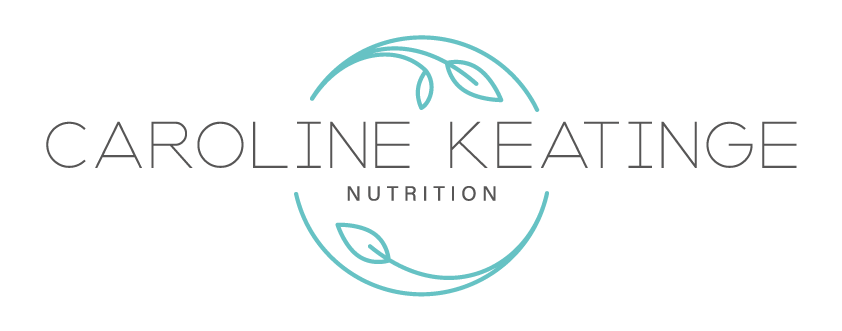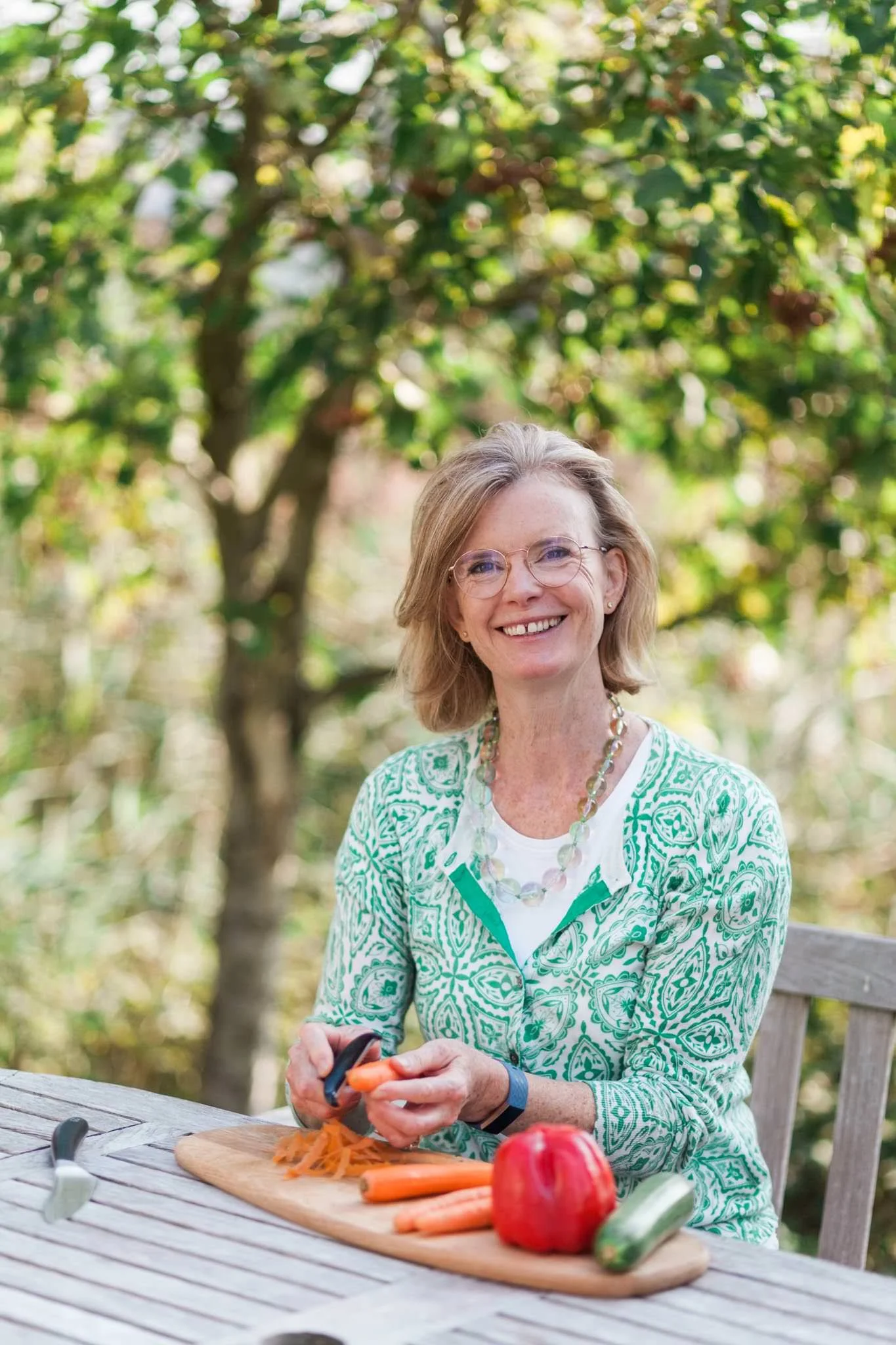Insomnia
40-60% of women report sleep disturbance and insomnia during the menopause transition.
That's more or less one in 2.
And given the link between insomnia and mood issues, anxiety, depression - and frankly just our ability to function as a competent human being - it's critical that we have the tools to manage this.
It probably won't surprise many women to know that women consistently report worse sleep quality over the entire lifespan - in many households women are the parent who is up at night dealing with babies, toddlers and children struggling to sleep - not to mention the greater burden of caring responsibilities at the other end of life-span too (I'm not denying there are many men taking on these roles too... it's just not the norm!).
And there's even research showing an association between insomnia and some chemicals (lets just call them 'toxins') which are frequently included in skincare products.
But for many women insomnia or worsening sleep disturbances during the menopausal transition may be the straw that 'breaks the menopausal back'.
I know from my own experience (I've been a WASO for 2 decades (WASO = wakefulness after sleep onset)) - that what has been a 'mange-able' feature deteriorates to being a challenging and life-impacting issue with the onset of menopause - and most particularly hot flushes.
So what's to be done?
The good news is that it is possible to make meaningful change - but it does require change! There are a number of changes which will help you restore a good night's sleep - in menopause - but to get you started here are my top 5:
💊. You need some targeted menopause support. This can be a combination of food and supplements - and there is good research around for example isoflavones and hot flushes (there are other options too). Quality is key - and many products in supermarkets/chemists don't have the quality, potency or the right compound to give you the support you need. Do talk to a professional ( you're welcome to DM me 😌)
🤓 Get yourself some blue light blocking glasses and use them for all screen activity. We are 'programmed' to be very light sensitive - and the wavelength of the light coming from our screens is telling our brains that it's the middle of the day which means you're just not ready for sleep when it's bedtime. If you don't wear glasses many retailers sell these specs.. just with a plain lens - or if you do wear specs then do get a coating.
🌤Get outside... and without dark glasses. This is particularly important first thing in the morning and again at lunchtime. We need to support our circadian rhythm - and 'light' is a huge part of that process. Similarly try and avoid bright lights in the evening - opt for a softer dimmer light.
😊 Work on your meditation/mindful practices and/or breath-work. Science shows we can alter our 'stressed state' with the right tools - and this is key both to manage your stress during the day as well as helping you get back to sleep when you wake. This is hard and takes practice - but the more you practice the better your stressed state and sleep with be. It is possible to get back to sleep in the middle of the night - even if your mind is racing!
🥗Try and cut back on coffee and processed foods. Often a bad night's sleep leads to a day propped up with caffeine and biscuits. Unfortunately this spikes our stress hormone cortisol even more and will mean that by the end of the day you're totally wound up.
There's more too.. but I realise this already might feel overwhelming.
Sleeplessness will likely have been building for a while, and will have a number of underlying mechanisms..
The good news is that you can change...
If you want to find out more email me at caroline@carolinekeatinge.com



